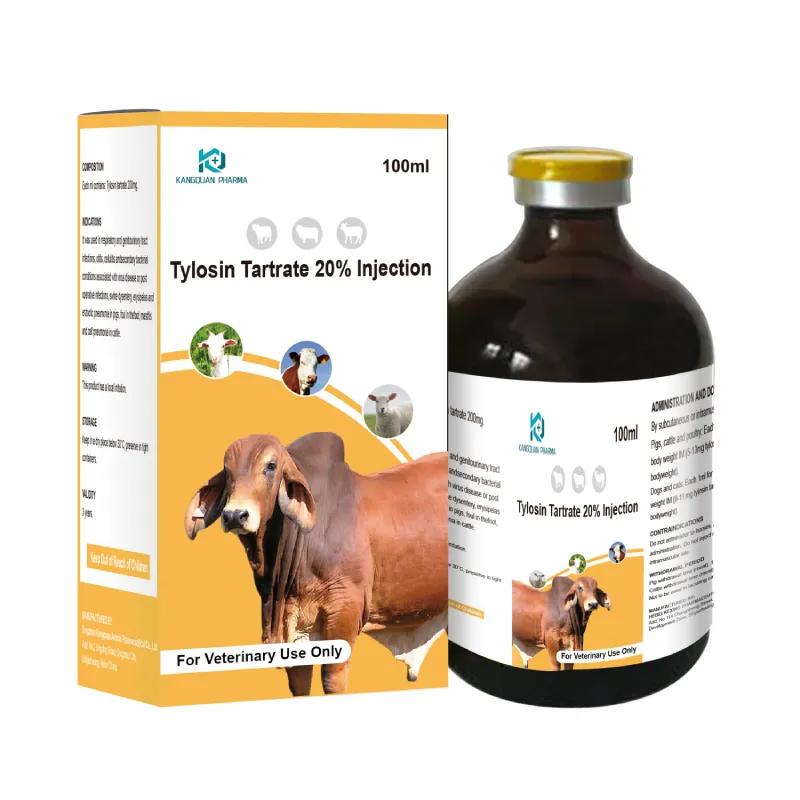- Afrikaans
- Albanian
- Amharic
- Arabic
- Armenian
- Azerbaijani
- Basque
- Belarusian
- Bengali
- Bosnian
- Bulgarian
- Catalan
- Cebuano
- Corsican
- Croatian
- Czech
- Danish
- Dutch
- English
- Esperanto
- Estonian
- Finnish
- French
- Frisian
- Galician
- Georgian
- German
- Greek
- Gujarati
- Haitian Creole
- hausa
- hawaiian
- Hebrew
- Hindi
- Miao
- Hungarian
- Icelandic
- igbo
- Indonesian
- irish
- Italian
- Japanese
- Javanese
- Kannada
- kazakh
- Khmer
- Rwandese
- Korean
- Kurdish
- Kyrgyz
- Lao
- Latin
- Latvian
- Lithuanian
- Luxembourgish
- Macedonian
- Malgashi
- Malay
- Malayalam
- Maltese
- Maori
- Marathi
- Mongolian
- Myanmar
- Nepali
- Norwegian
- Norwegian
- Occitan
- Pashto
- Persian
- Polish
- Portuguese
- Punjabi
- Romanian
- Russian
- Samoan
- Scottish Gaelic
- Serbian
- Sesotho
- Shona
- Sindhi
- Sinhala
- Slovak
- Slovenian
- Somali
- Spanish
- Sundanese
- Swahili
- Swedish
- Tagalog
- Tajik
- Tamil
- Tatar
- Telugu
- Thai
- Turkish
- Turkmen
- Ukrainian
- Urdu
- Uighur
- Uzbek
- Vietnamese
- Welsh
- Bantu
- Yiddish
- Yoruba
- Zulu
8 月 . 13, 2024 02:16 Back to list
Exploring the Uses and Benefits of Ivermectin Veterinary Injection for Animal Health
Understanding Ivermectin Veterinary Injection Uses and Considerations
Ivermectin is a widely used antiparasitic medication that is fundamental in both human and veterinary medicine. Originally developed for treating a range of parasitic infections in humans, its formulation as a veterinary injection has become a cornerstone in the prevention and treatment of parasitic diseases in animals. This article explores the uses, mechanisms, and considerations surrounding ivermectin veterinary injection.
Mechanism of Action
Ivermectin works by binding to specific chloride channels in parasites, leading to paralysis and death of the parasites. This mechanism is particularly effective against various internal and external parasites such as nematodes, lice, mites, and certain types of ectoparasites. The injection form enhances the bioavailability of the drug in an animal's system, allowing for swift action in critical situations where rapid intervention is needed.
Uses in Veterinary Medicine
In veterinary practices, ivermectin is primarily utilized to treat and prevent parasitic diseases in livestock, companion animals, and even in equine care. For instance, in cattle and sheep, it plays a crucial role in controlling infections caused by gastrointestinal roundworms, lungworms, and external parasites like ticks and mites. In dogs and cats, it is commonly used for heartworm prevention, as well as for treating conditions caused by other parasites.
Moreover, due to its effectiveness, ivermectin is sometimes employed off-label for various conditions
. However, veterinarians must exercise caution and ensure that the application is appropriate for the specific animal species and the type of parasite involved.ivermectin veterinary injection

Dosage and Administration
The administration of ivermectin veterinary injection must be executed with precision. Dosage often depends on the specific type of animal, its weight, health status, and the type of parasites being targeted. For livestock, it is usually administered subcutaneously or intramuscularly, while in smaller animals, it may also be given via intravenous injection if necessary.
Strict adherence to the recommended dosage is crucial. Overdosing can lead to toxicity, particularly in sensitive breeds of dogs, such as Collies, which have an increased risk of adverse reactions due to a genetic mutation affecting drug metabolism.
Safety and Side Effects
Generally, ivermectin is considered safe when used correctly; however, monitoring is essential for detecting any adverse effects. Side effects can range from mild symptoms, such as lethargy and nausea, to more severe reactions like neurological symptoms, especially if overdosed or misused. It is important that veterinarians assess the health status of the animal and consider any pre-existing conditions or medications that could interact with ivermectin.
Conclusion
Ivermectin veterinary injection is an invaluable tool in managing parasitic diseases across various animal species. Its effectiveness, combined with proper administration and monitoring, allows veterinarians to safeguard the health of animals while enhancing their productivity and wellbeing. Nonetheless, responsible use, strict adherence to dosage guidelines, and awareness of potential side effects are paramount to ensuring safe and effective treatment. As ongoing research continues to expand our understanding of ivermectin, its role in veterinary medicine is likely to evolve, paving the way for even more effective strategies in the fight against parasitic diseases.
-
The Power of Radix Isatidis Extract for Your Health and Wellness
NewsOct.29,2024
-
Neomycin Sulfate Soluble Powder: A Versatile Solution for Pet Health
NewsOct.29,2024
-
Lincomycin Hydrochloride Soluble Powder – The Essential Solution
NewsOct.29,2024
-
Garamycin Gentamicin Sulfate for Effective Infection Control
NewsOct.29,2024
-
Doxycycline Hyclate Soluble Powder: Your Antibiotic Needs
NewsOct.29,2024
-
Tilmicosin Premix: The Ultimate Solution for Poultry Health
NewsOct.29,2024













